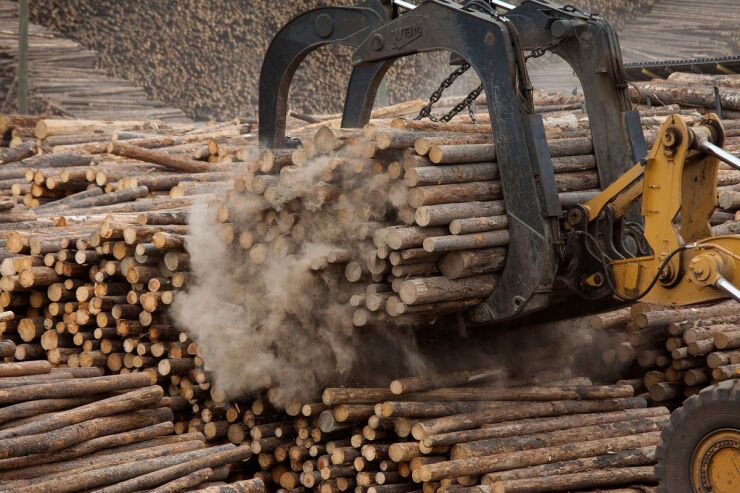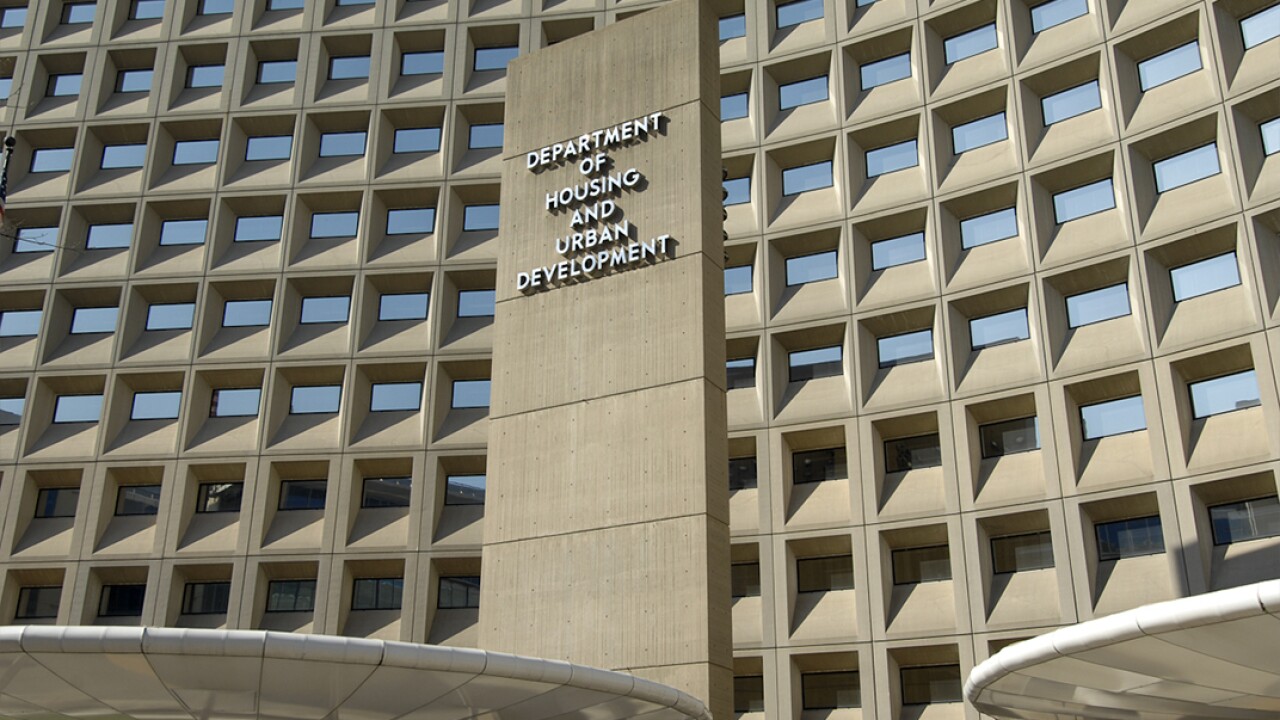The U.S. will impose further punitive tariffs on imports of softwood lumber from Canada, escalating a longstanding trade dispute that’s already led to higher timber prices.
Preliminary anti-dumping duties of as much as 7.7% will be levied on Canadian producers, the U.S. Department of Commerce said Monday in a statement. The move follows the government’s decision in April to slap countervailing tariffs of up to 24.1% on shipments from Canadian companies including West Fraser Timber Co. and Canfor Corp.
Until Canada and the U.S. reach a negotiated solution on softwood lumber, the nation will continue to “vigorously apply” the anti-dumping and countervailing duties to “stand up for American companies and their workers,” U.S. Secretary of Commerce Wilbur Ross said in a statement.
Canada is the world’s largest softwood lumber exporter and the U.S. is its biggest market. The trade spat, which has been going on intermittently for decades, was reignited in November when the U.S. lumber industry filed a petition asking for duties. The group alleges Canadian wood is heavily subsidized and imports are harming U.S. mills and workers. Since then, trade between the two countries has become an increasingly fraught issue, with President Donald Trump seeking to renegotiate the North American Free Trade Agreement.

“It’s something we take very, very seriously and we’ll endeavor to work very, very hard on with the American administration,” Canadian Prime Minister Justin Trudeau said Tuesday in a press conference in Ottawa. “That’s what we’re going to be working on throughout the summer as we hope to come to agreements on a number of files that are outstanding, including the softwood lumber file.”
The U.S. Department of Commerce said in its preliminary determination that it calculated that Canfor is selling product in the U.S. at 7.72% less than fair value, Resolute FP Canada Inc. at 4.59%, Tolko Industries Ltd. at 7.53% and West Fraser at 6.76%. It set a preliminary dumping rate of 6.87% for all other producers in Canada.
The tariffs came in below expectations of 10% to 15% and are thus negative for lumber prices, RBC analyst Paul Quinn said in a note. Lumber prices have jumped this year amid concerns that the trade battle will disrupt supplies. Futures tumbled as much as 2.3%, touching the lowest price in three weeks, and declined 1.7% to $354.80 per 1,000 board feet at 10:26 a.m. in Chicago.
Canfor was 1.9% higher at C$19.54 at 12:30 p.m. in Toronto while West Fraser Timber was up 1.8% at C$60.97.
While British Columbia’s BC Lumber Trade Council also said the additional duties are on the “lower end of the range” of what the industry was expecting, it maintained that the tariffs aren’t warranted. Protectionist duties hurt Canadian companies and communities and also
Canada reiterated it will “vigorously defend” its softwood lumber industry against “unwarranted” trade action, according to a joint statement from Foreign Affairs Minister Chrystia Freeland and Natural Resources Minister Jim Carr.
Canada has not pushed strongly enough for a deal and Trudeau needs to get one before Nafta discussions start, said Randy Hoback, Conservative lawmaker and opposition critic for Canada-U.S. relations. Some smaller communities revolve around their local sawmill and “the layoffs that we’re facing here are the types that actually end communities,” he said Tuesday by phone.
The U.S. Commerce Department made a preliminary ruling earlier on Monday that the Atlantic provinces of Newfoundland and Labrador, Prince Edward Island and Nova Scotia will be excluded from the punitive tariffs. A final decision is expected by late summer.





